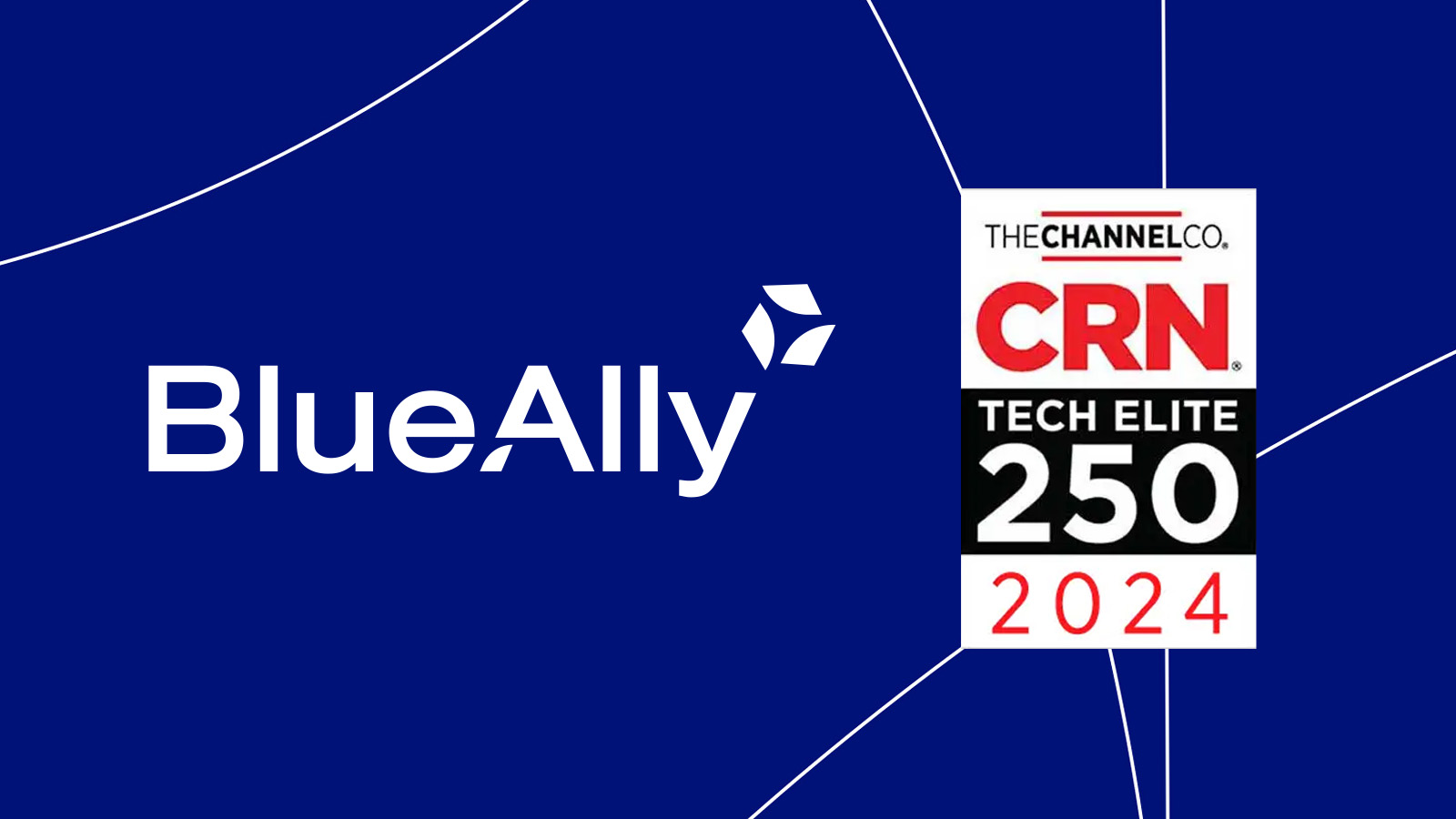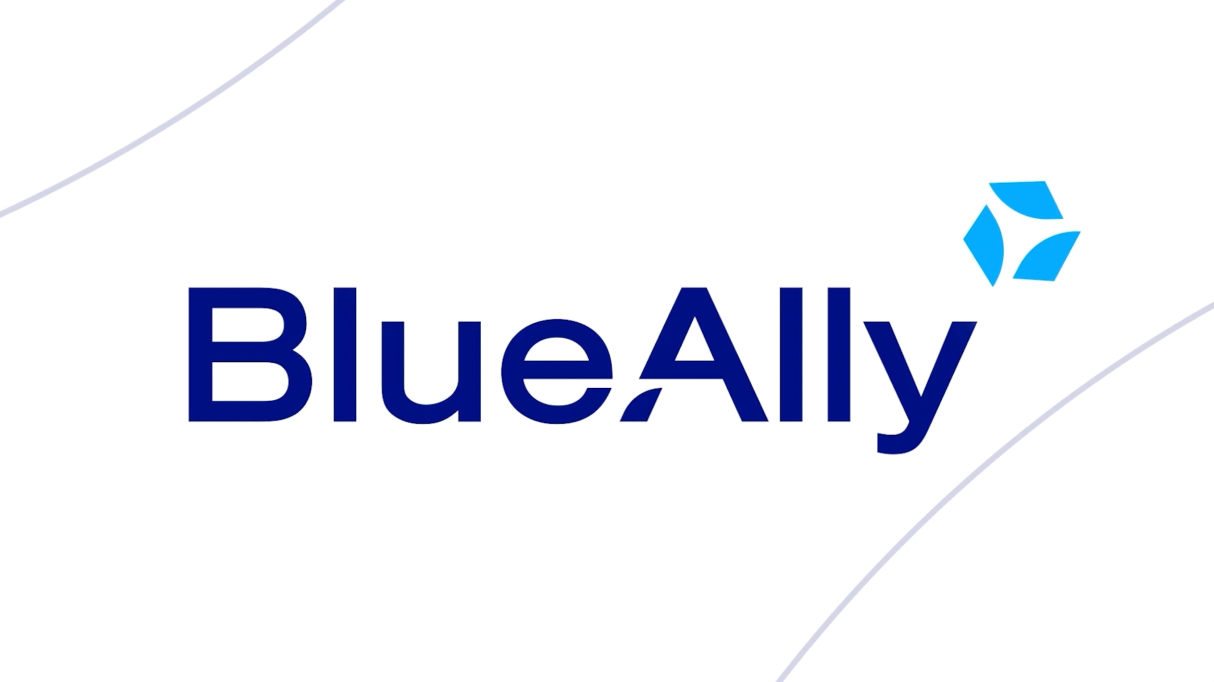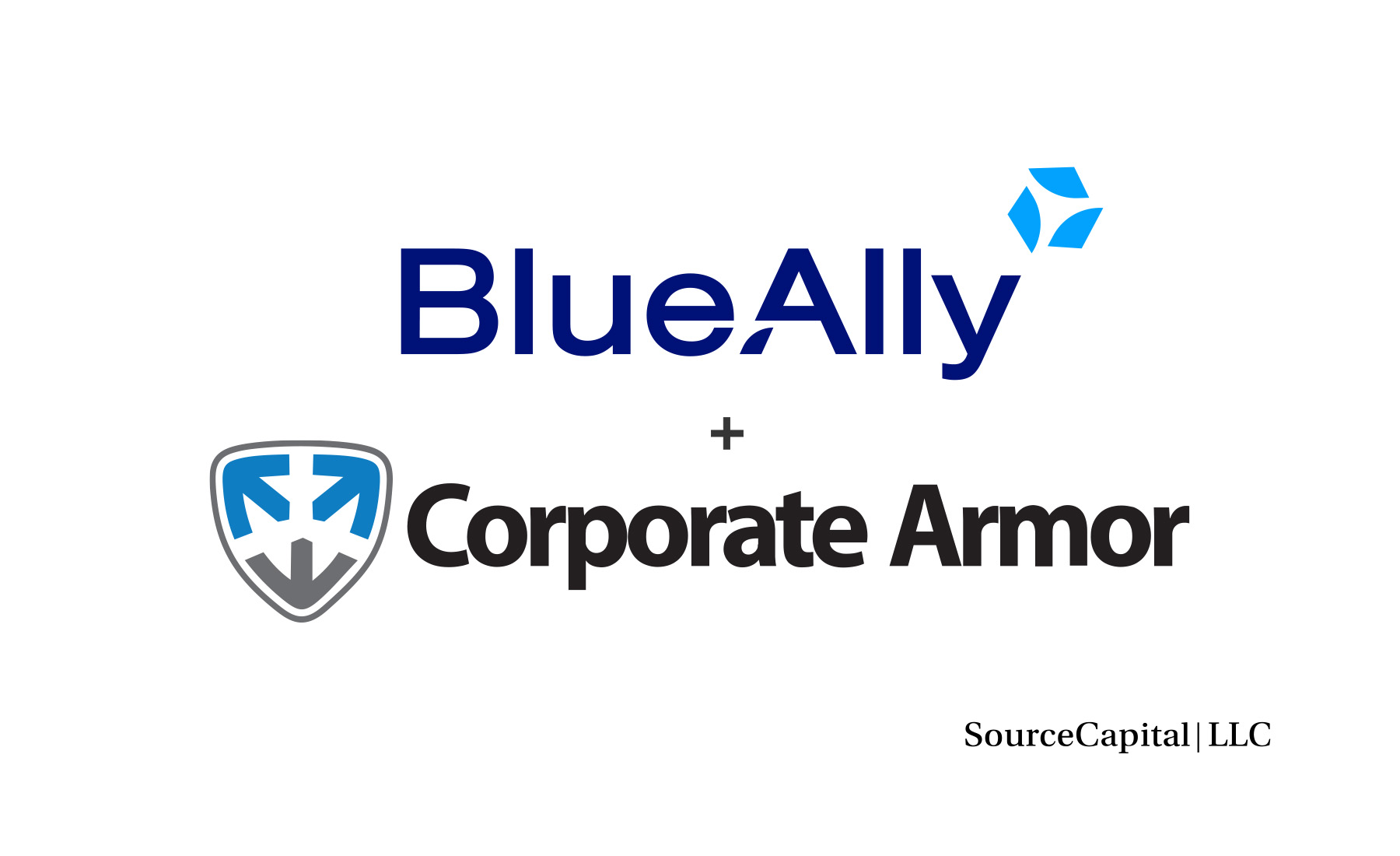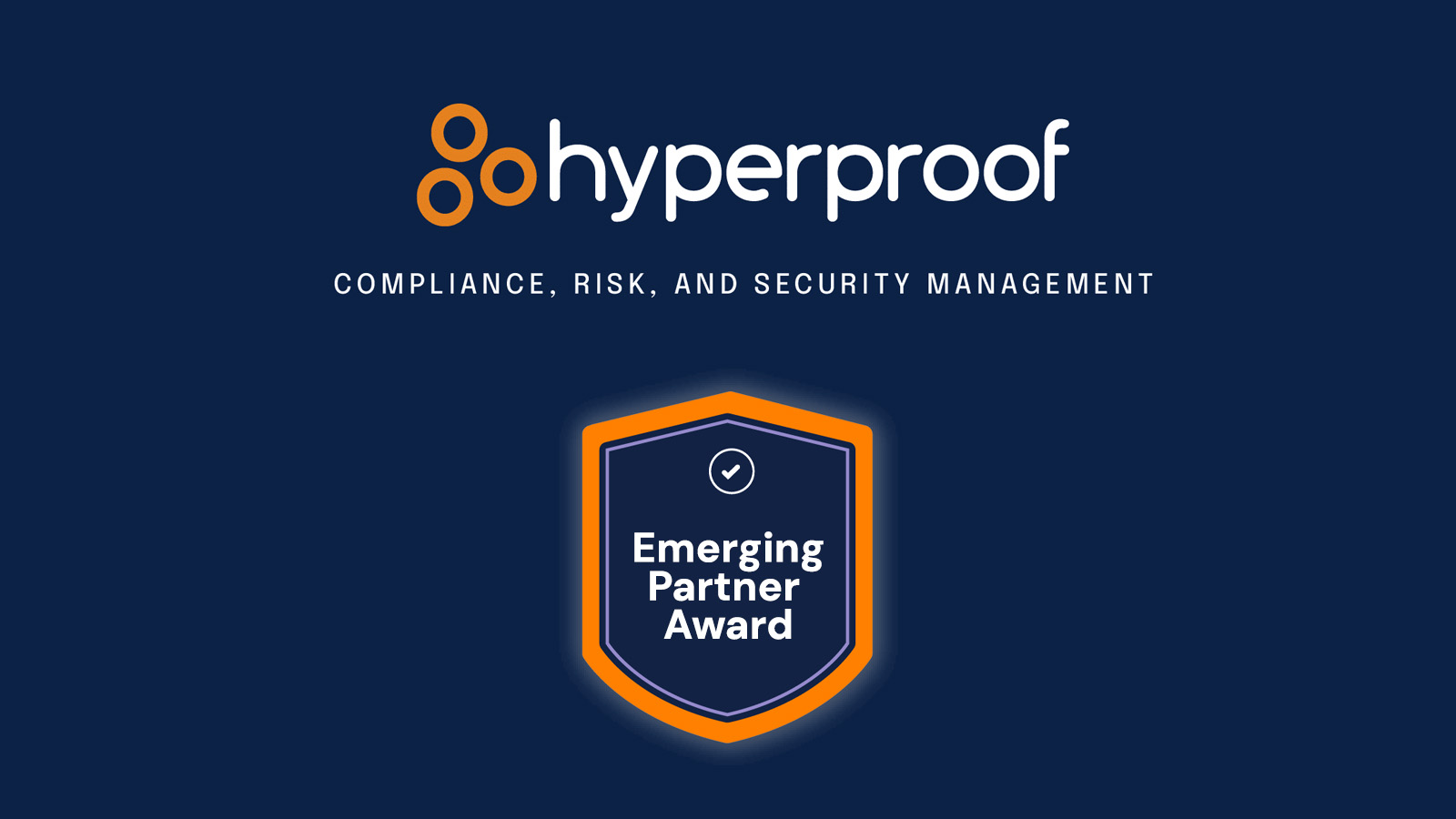 FEATURED
FEATUREDDAN WADE | Network & Infrastructure Automation Practice Lead
NetBox or ServiceNow? Why the Best Answer Is Both
If you’ve ever debated whether to use NetBox or ServiceNow to manage network infrastructure, you’re not alone. Many IT teams assume they’re overlapping tools—but in reality they solve very different problems for different stakeholders. NetBox is a purpose-built source of truth for network infrastructure, designed with automation and accuracy in mind. In contrast, ServiceNow is a powerful IT service management (ITSM) platform that brings cross-functional workflows and organizational context to the table.
Rather than replacing one with the other, the best strategy is to integrate both. When you do, NetBox enforces data integrity for network configurations, while ServiceNow extends that intelligence across enterprise workflows. In this post, we’ll explain how these tools complement each other—and how integrating them just might elevate both your network automation and your IT (and other departments’) service delivery.
What NetBox Brings to the Table
NetBox is an open-source network infrastructure modeling tool with a commercial SaaS offering available through NetBox Labs. It provides a structured, centralized way to document your physical and logical network infrastructure. NetBox is purpose-built to model infrastructure components, including network devices with associated interfaces and modules, rack layouts, cabling paths, circuits, IP addressing, and power connections and utilization data that your network automation workflows rely on. It helps network engineers and operators maintain an accurate, machine-readable representation of both current and planned network states, making it a foundational tool for automation, capacity planning, and change validation in conjunction with other external tools (e.g. Ansible) that consume NetBox data.
ServiceNow: More than an ITSM platform
ServiceNow is an enterprise SaaS platform built for IT service management (ITSM), asset tracking, and cross-functional workflow automation. It provides a flexible configuration management database (CMDB) and a rich ecosystem of tools for orchestrating incident response, change control, service requests, and more. Unlike NetBox, which focuses exclusively on network infrastructure, ServiceNow’s capabilities extend beyond IT into areas such as finance, HR, facilities, and security operations, offering a unified platform for organizations wishing to improve efficiency and visibility across business functions.
Better Data Accuracy Across the Stack
Keeping configuration data consistent across systems is one of the biggest challenges in hybrid IT environments. NetBox and ServiceNow each manage different layers of infrastructure information—but when integrated, they eliminate silos and reduce the risk of stale or conflicting data.
You can populate or update the ServiceNow CMDB with accurate, detailed data from NetBox, not only enhancing data capture but also helping you to reduce manual data entry errors, duplicates, and outdated records. NetBox provides a rigid, structured data model ideal for capturing detailed network infrastructure information, making it a perfect tool for core network and data center inventory management.
ServiceNow’s CMDB, by contrast, is designed to accommodate flexible views of IT infrastructure—mapping network devices, applications, and services across the enterprise.
Tip: Treat NetBox as the system of record for detailed, low-level network data, and ServiceNow as the system of record for enterprise IT assets and services. NetBox should represent the “intended state” of your network, while ServiceNow may capture the current “operating state”. It’s recommended to use scheduled syncs or automation scripts to regularly reconcile data between ServiceNow with NetBox, improving accuracy and eliminating manual effort.
Enriched Workflows for ITSM and Ops
ServiceNow’s strength lies in orchestrating enterprise workflows—from incident and change management to service requests and compliance. But those workflows are only as good as the data feeding them. Integrating NetBox brings accurate, real-time infrastructure data that enriches ServiceNow’s automation, improves decision-making, and accelerates ITSM processes.
ServiceNow can be configured to ingest NetBox data—via NetBox Lab’s supported ServiceNow integration (https://netboxlabs.com/docs/console/netbox-integrations/servicenow/)—to orchestrate tasks such as incident response, change management, discovery data enrichment, service catalog integration, service impact analysis, and compliance reporting. Additionally, integrating NetBox with ServiceNow unlocks the value of NetBox’s data model for teams across your enterprise, such as finance, security, facilities, and more.
For example, a service desk analyst investigating a network outage can access current device relationships, rack location, or cabling info directly from NetBox via a ServiceNow incident record. Similarly, change requests that affect physical infrastructure can be enriched with real-time topology data, ensuring the right approvals and minimizing downstream impact.
Tip: Build bidirectional sync logic or on-demand lookups that expose NetBox context within ServiceNow forms, workflows, and dashboards. This improves operational awareness for both technical and non-technical users.
Scalable Network Automation with Governance
NetBox was built with automation in mind. Its structured, API-accessible data model makes it a perfect backbone for tools like Ansible, Python scripts, or custom infrastructure-as-code workflows. But while NetBox can drive automation at the infrastructure layer, it doesn’t provide the governance or cross-functional visibility that most enterprises need.
NetBox provides the data consistency and reliability critical for network automation to succeed. ServiceNow can provide governance and compliance to help ensure changes to the network are tracked, approved, and audited, while supplying the policy engine for automation workflows.
In other words, NetBox handles the how—the automation logic and infrastructure fidelity—while ServiceNow defines the when and why by managing approvals, exceptions, and accountability.
Tip: Use ServiceNow to trigger automation workflows via tools like Ansible or custom orchestration scripts that consume NetBox data—such as provisioning a device, updating an IP plan, or changing VLANs. This allows you to align technical execution with formal change processes, compliance policies, and audit trails.
Actionable Insights and Reporting
One of the hidden advantages of synchronizing NetBox with ServiceNow is the reporting potential. When you combine NetBox’s deep infrastructure data with ServiceNow’s business-facing context, you gain a clearer picture of your IT environment—from physical connectivity to service impact.
The synchronized data also makes reporting more actionable. NetBox provides detail, such as where devices live, how they’re connected, and what IP addresses are assigned. ServiceNow adds metadata: who owns the service, what department pays for it, how it’s performing, and whether it’s under an active change window. Bringing these two perspectives together enables better decisions—not just for engineers, but for IT managers, compliance teams, and even finance.
Tip: Use reporting or BI tools to correlate NetBox-derived infrastructure data with ServiceNow’s operational metrics. This allows teams to identify risks (e.g., aging equipment behind key services), track asset utilization, or measure the ROI of automation efforts over time.
Best Practices for a Successful Integration
Bringing NetBox and ServiceNow together isn’t just about setting up an integration—it requires a thoughtful approach to data ownership, process alignment, and automation scope. Here are a few best practices to ensure effective integration:
- Define data ownership clearly
Decide which system owns what. For example, NetBox might own IP addressing and physical port mappings, while ServiceNow owns lifecycle state and service-level metadata.
- Use automation to keep systems aligned
Whether it’s scheduled jobs, webhook triggers, middleware, or NetBox’s official ServiceNow integration, ensure the data flow between platforms is consistent and traceable. Avoid relying on manual syncs—they drift fast.
- Start with high value use cases
Don’t try to integrate everything at once. Focus on specific pain points: e.g., enriching change requests with NetBox data, or eliminating duplicate asset entries between systems.
- Monitor and audit
Build in monitoring to detect data drift, sync failures, or inconsistencies. Logging and alerting will help avoid “invisible rot” between platforms.
- Consider GitOps or CI/CD for NetBox automation
Many teams incorporate NetBox into GitOps-style pipelines or CI/CD workflows that push validated changes to both NetBox and ServiceNow. This approach improves traceability, enforces consistency, and aligns with infrastructure-as-code best practices.
Conclusion: Better Together, By Design
NetBox and ServiceNow aren’t competitors—they’re complementary platforms that, when integrated properly, enhance each other’s strengths. NetBox brings precision, structure, and automation-ready network data. ServiceNow adds process, governance, and cross-functional utility. Together, they offer a unified foundation for reliable network automation and streamlined IT service delivery.
At BlueAlly, we help organizations conquer complexity by aligning the right tools, workflows, and data models for maximum impact. Our team combines deep technical insight with practical experience to design integrations that make your technology more accessible, more certain—and more capable of driving real change.
Whether you’re looking to build a source of truth, streamline service delivery, or unlock new automation potential, BlueAlly is your ally in what’s next.
Contact BlueAlly to get started with integrated network automation today.











































